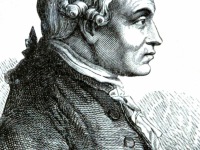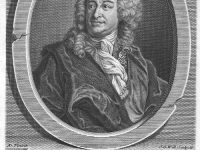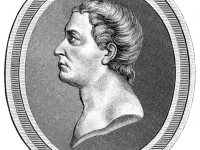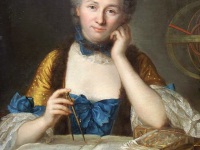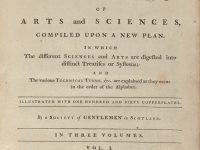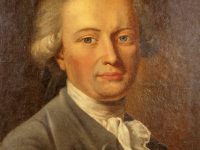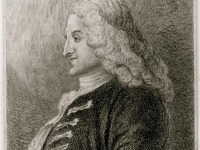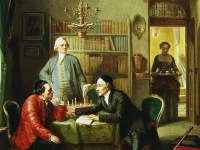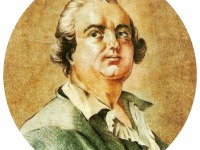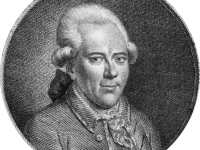Immanuel Kant – Philosopher of the Enlightenment
On February 12, 1804, the great German philosopher Immanuel Kant passed away. He is widely considered to be a central figure of modern philosophy. He argued that human concepts and categories structure our view of the world and its laws, and that reason is the source of morality. His thought continues to hold a major influence in contemporary thought, especially in fields such as metaphysics, epistemology, ethics, political philosophy, and aesthetics. The problem…
Read more

